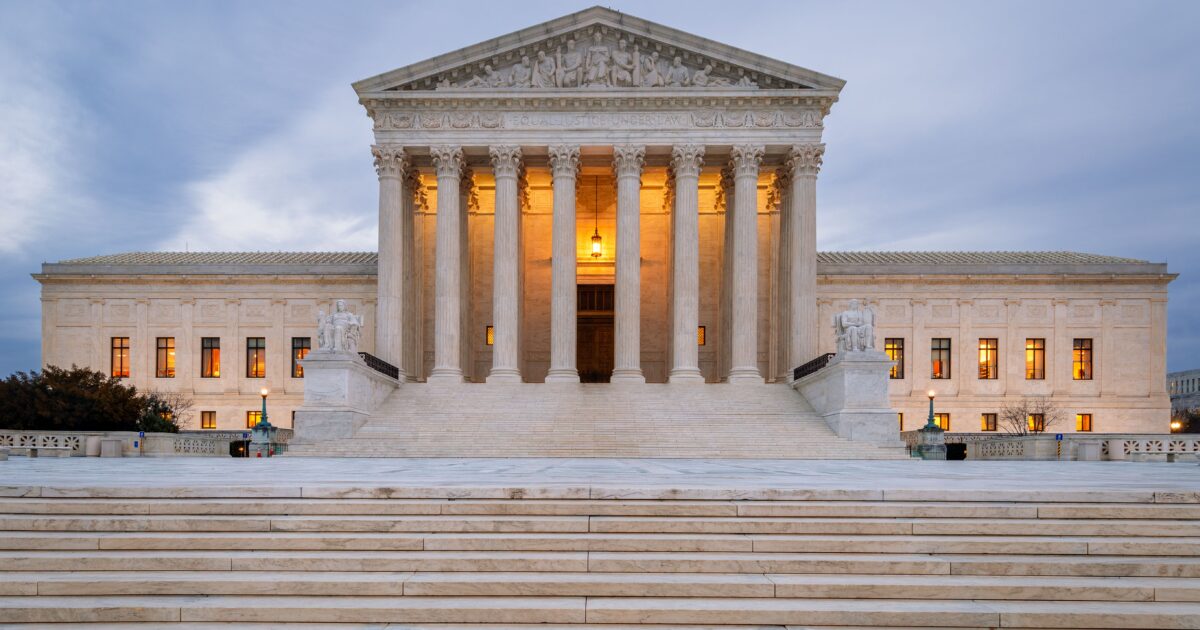The U.S. Supreme Court has declined to take up a long-running privacy case involving an Internal Revenue Service (IRS) request for data on thousands of Coinbase customers.
In a Monday order, the justices denied a petition for a writ of certiorari — essentially, a green-light to appeal an appellate court’s decision — from a Coinbase customer who said that the IRS’s 2016 records grab violated his Fourth Amendment rights, which grant Americans protections from unreasonable searches and seizures by the government.
The plaintiff, James “Jim” Harper, initially filed suit against the IRS in 2020, nearly a year after he and thousands of other Coinbase customers received letters from the IRS, warning them that they potentially failed to report income and pay the resulting tax from crypto transactions, or that they did not report their transactions properly.
In his suit, Harper claimed that the IRS’ so-called “John Doe summons” — which the agency uses to sniff out potential tax violations by unknown individuals by forcing financial institutions to provide them with records and other information the agency can use to identify potential violators — against Coinbase was unconstitutional.
“Where once it lacked the authority to peek into a person’s private papers even with the use of a subpoena, the Internal Revenue Service has now acquired the power to demand access to anyone’s private information without any judicial process,” Harper’s lawyers wrote in their suit. “IRS demands access even when a person has entered into a contract with a third party that promises to protect his private information from such intrusion.”
In 2021, a New Hampshire district court tossed out Harper’s suit, siding with the IRS. Harper appealed, and in 2023, a different New Hampshire district court judge once again sided with the IRS and dismissed the case, writing: “As the Supreme Court recently reaffirmed, “[t]o pursue unpaid taxes and the people who owe them, ‘Congress has granted the Service broad latitude to issue summonses.’The IRS’s actions at issue in this case fall squarely within that broad latitude, and Harper is not entitled to protection or relief beyond the existing Congressionally and judicially imposed “safeguards” and checks on the IRS’s powers.”
Harper appealed again, and in 2024, a U.S. appeals court affirmed the lower court’s decision to toss the case. In February, Harper filed a petition for a writ of certiorari with the Supreme Court, his last chance to get a different result in the long-running legal battle.
Since Harper’s petition was filed in February, a slew of high-profile think tanks and companies including Coinbase and X filed amicus briefs in the case, arguing that the Supreme Court should take the case and review the so-called third-party doctrine, a legal principle dating back to a 1976 Supreme Court decision stating that individuals have no reasonable expectation of privacy for information voluntarily shared with a third party, meaning that government agencies can access such information without a warrant or probable cause without violating the Fourth Amendment.
However, the Supreme Court was unmoved. It provided no additional information or justification for its Monday order denying Harper’s petition, writing simply:
“The petition for a writ of certiorari is denied.”




